A Theologico-Political Treatise part 1
Book Excerpt
(14) Such are the principal subjects which will be discussed in this chapter, and which will serve, I think, not a little to further the object of this treatise.
(15) Our first point is easily proved from what we showed in Chap. IV. about Divine law - namely, that all that God wishes or determines involves eternal necessity, and truth, for we demonstrated that God's understanding is identical with His will, and that it is the same thing to say that God wills a thing, as to say, that He understands it; hence, as it follows necessarily, from the Divine nature and perfection that God understands a thing as it is, it follows no less necessarily that He wills it as it is. (16) Now, as nothing is necessarily true save only by, Divine decree, it is plain that the universal laws of nature are decrees of God following from the necessity and perfection of the Divine nature. (17) Hence,
Editor's choice
(view all)Popular books in Philosophy, Religion
Readers reviews
It is pure genius. The treatise is a naural extention of Maimonides' M. Yorah and Guide for the Perplexed. Guide is on the internet translated from Judeo-Arabic. Maimonides' views are extentions of Akiba, best presented in the Commentaries of Nachmonides. However, one need not read any of this to see the stuff of Spinoza. "Rights" come out of power, not any abstration such as men created equal. Spinoza's view is that of the adult, not the child.
For those turned off by the logic of "Ethics" Spinoza's treatise is clear-cut.
- Upvote (0)
- Downvote (0)
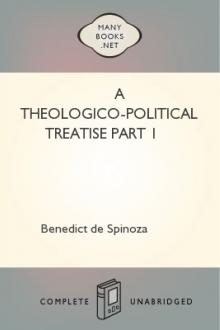
 Free Download
Free Download
















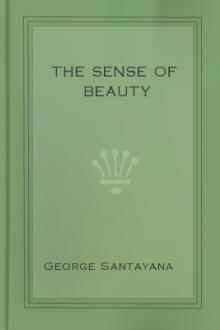
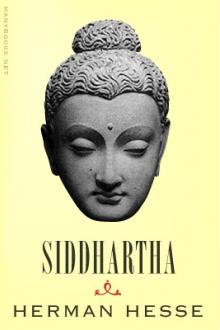
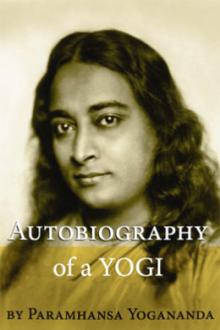
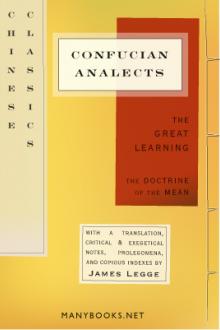
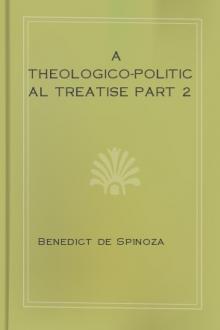
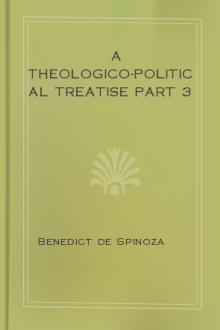
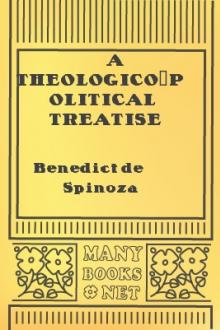
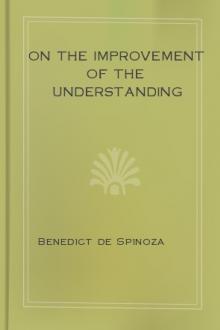
-itok=vcKIB5v1.jpg)